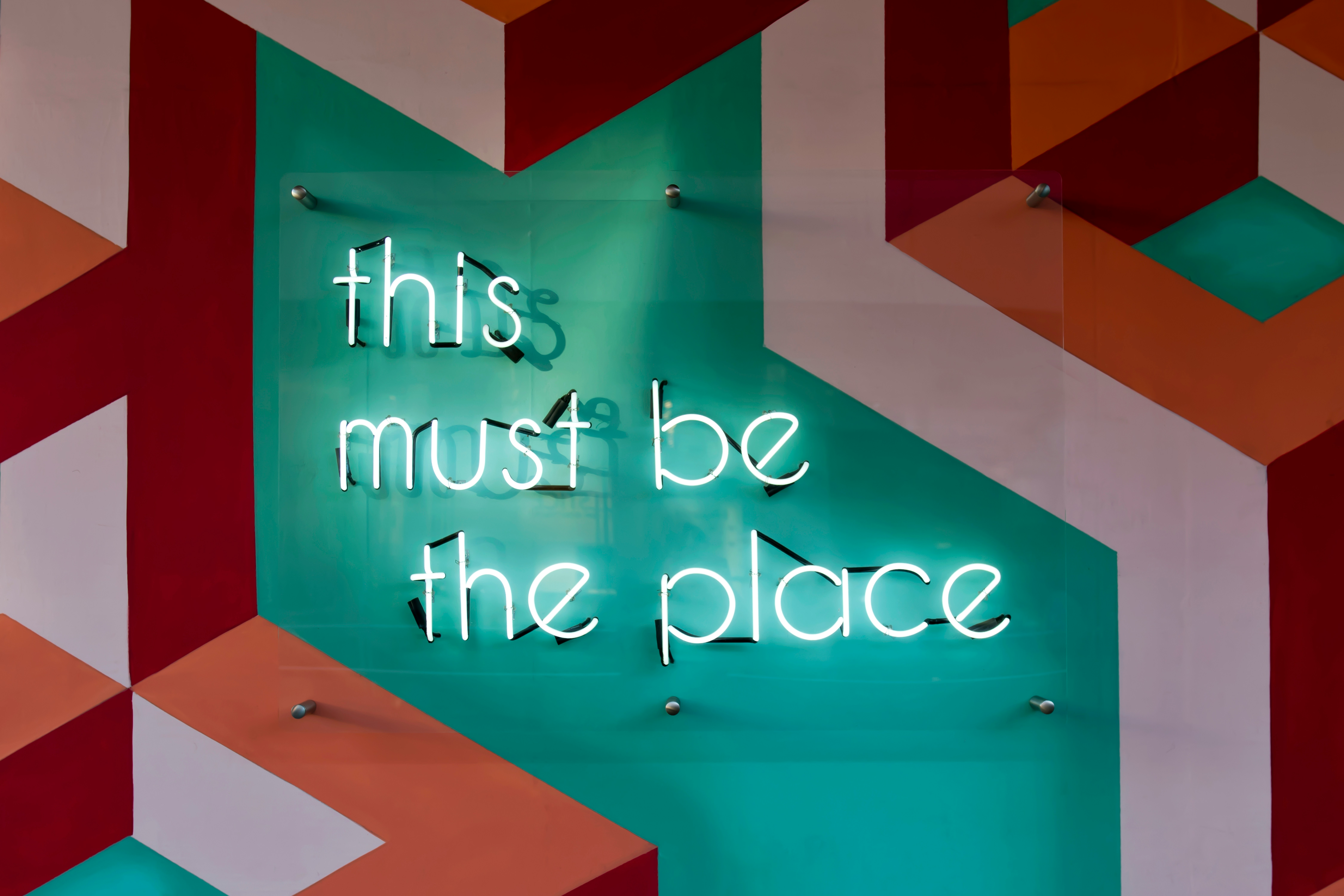5 Unconventional Creative Careers That Pay Well!
Are you tired of the conventional career paths that no longer spark joy or ignite your creativity? In today’s dynamic world, the scope for unconventional careers has expanded, offering new opportunities that not only satisfy creative minds but also offer financial stability. This guide explores five such creative careers that stand out from the usual, promising both professional fulfillment and a healthy paycheck.
Firstly, the digital era has revolutionized how we perceive and consume art and media. This shift has paved the way for careers that merge technology with creativity. From designing immersive video game experiences to developing user-friendly software interfaces, the digital domain offers a plethora of opportunities for the creatively inclined.
Secondly, the rise of social media and digital marketing has created a demand for content creators who can craft compelling narratives and build engaging digital communities. Whether it’s through photography, videography, or writing, creative content creators are now central to any brand’s marketing strategy, making this field both lucrative and essential.
Thirdly, environmental consciousness and sustainability are no longer niche markets. Careers in sustainable design and environmental art are gaining traction, allowing creatives to contribute to the planet while earning their livelihood. This field is perfect for those who wish to make a difference through innovative, sustainable solutions.
Fourthly, the educational sector offers opportunities for creatives to mold young minds through unconventional teaching methods involving arts, music, and digital media. These roles go beyond traditional teaching and are crucial in developing next-generation thinkers and creators.
Fifthly, the entertainment industry continues to evolve, with new platforms and technologies creating spaces for unique talents. From special effects artists to theme park designers, these roles blend engineering with artistry to create magical experiences for audiences worldwide.
Each of these careers not only demands a high level of creativity but also offers the potential for high earnings and career growth. They allow individuals to break free from the monotony of traditional jobs and embark on journeys filled with innovation and expression.
Moreover, these careers provide flexibility, allowing professionals to freelance or consult, which is increasingly desirable in today’s gig economy. This flexibility can lead to a better work-life balance, a factor that is becoming crucial for career satisfaction.
However, stepping into unconventional careers requires courage and a willingness to navigate the unknown. It involves continuous learning and adapting to new tools and trends. For those ready to take the plunge, the rewards can be substantial.
This guide will delve deeper into these careers, providing insights into what they entail, the skills required, and how to get started. So, if you’re ready to ditch the ordinary and embrace a career that mirrors your creativity, read on to discover the paths that await you.
Embrace the journey of discovering a career that not only pays well but also aligns perfectly with your creative passions. Let’s explore these exciting opportunities that promise to bring out the best in your professional and creative abilities.
Essential Skills for Succeeding in Unconventional Creative Careers
Unconventional creative careers often require a unique set of skills that go beyond the traditional educational qualifications. Creativity and innovation are givens, but there’s more to the story. Here’s a breakdown of essential skills needed:
- Technical Proficiency: Depending on the field, technical skills can range from software knowledge in graphic design to specialized tools in video production.
- Adaptability: Creative industries are fast-evolving, making adaptability crucial for staying relevant and innovative.
- Business Acumen: Understanding the business side of creativity can significantly enhance your career prospects and financial success.
- Communication: Articulating your ideas clearly and collaborating with others are vital in roles that often involve teamwork.
- Problem-Solving: The ability to approach challenges creatively and find effective solutions is invaluable in any creative field.
These skills can be developed through various means including formal education, workshops, online courses, and hands-on experience. Investing time in honing these skills can set you apart in the competitive creative industry.
For more insights on enhancing your career through skill development, consider reading 10 Ways to Recognize Employees.

Transitioning from a Traditional Career to a Creative One
Transitioning to a creative career from a traditional one can seem daunting, but with the right approach, it’s entirely achievable. The first step is to identify your creative passion and the specific field you wish to enter. Once identified, gaining the necessary skills through courses or self-learning is crucial.
Building a portfolio that showcases your work is essential. This portfolio can be a powerful tool in demonstrating your skills to potential employers or clients. Networking also plays a crucial role in the transition. Connecting with professionals in the industry can provide valuable insights and job opportunities.
It’s also important to start small, perhaps with freelance projects, to build your reputation and gain practical experience. Patience is key, as building a career in a new field can take time.
For more detailed guidance on making this transition, read Building a Career in a New Industry.
Financial Prospects in Unconventional Creative Fields
The financial prospects in creative fields can vary widely based on the specific industry, location, and level of experience. However, many creative roles offer competitive salaries, especially as you gain expertise and recognition in the field. For instance, experienced graphic designers, video game developers, and digital marketers can earn substantial salaries.
Additionally, many creatives supplement their income through freelancing, consulting, or running their own businesses. This not only increases their earning potential but also provides greater control over their careers.
To understand more about competitive salaries in creative fields, check out How to Know if Your Salary is Competitive.
Educational Requirements for Creative Careers
While traditional degrees are not always necessary in creative fields, formal education can provide a strong foundation and credibility. Many professionals benefit from degrees in fields such as fine arts, graphic design, or film. However, there are also many self-taught professionals in the industry.
Continuing education, whether through workshops, online courses, or certifications, is also crucial for keeping up with industry trends and technologies. For example, UX/UI designers often take courses to stay updated on the latest design software and best practices.
For more on the importance of educational qualifications in creative careers, visit Creative Careers in Education.
Building a Network in Creative Industries
Networking is vital in the creative industry. It can lead to freelance gigs, full-time job opportunities, and collaborations. Attending industry conferences, participating in workshops, and joining online communities are effective ways to build professional relationships.
Social media platforms like LinkedIn, Instagram, and specialized forums can also be powerful tools for connecting with other creatives. Sharing your work online and engaging with others’ content can significantly boost your visibility and attract opportunities.
For tips on managing professional relationships in creative fields, read Building Trust Between Managers and Employees.
Challenges in Creative Fields and Overcoming Them
Creative professions come with their set of challenges, including job stability, coping with creative blocks, and staying relevant in a rapidly changing industry. To overcome these, it’s important to continuously learn and adapt, seek regular feedback, and maintain a resilient mindset.
Freelancers and independent artists might face additional challenges such as fluctuating income and client dependency. Diversifying income streams and maintaining a robust financial buffer can help mitigate these risks.
For more on handling professional challenges, consider exploring Dealing with Demotivation.
Long-Term Stability and Growth in Creative Careers
While creative careers can sometimes be seen as less stable than traditional ones, they can offer substantial long-term growth and opportunities. Building a strong personal brand and diversifying skills are key strategies for ensuring stability and progression.
Moreover, as industries continue to value creative input in their operations, the demand for creative professionals is likely to grow. Staying adaptable and proactive in learning new skills can lead to sustained success in these fields.
To learn more about career stability in creative fields, read Help Your Company Survive Inflation.
Conclusion
Embarking on an unconventional creative career is an exciting journey that requires passion, resilience, and continuous learning. These careers not only offer the freedom to express your creativity but also provide opportunities for financial success and personal growth. Engaging with creative staffing agencies can be a strategic move in this process. Agencies like icreatives staffing specialize in connecting talented individuals with companies looking for creative skills, offering a valuable resource for both job seekers and employers.
By understanding the essential skills, preparing adequately, and staying connected with the industry through resources like creative staffing agencies, you can navigate the challenges and reap the rewards these careers offer. Whether you are transitioning from a traditional field or aiming to advance in your creative pursuits, the potential for fulfillment and success is vast.
Remember, the key to success in these dynamic fields lies in your ability to adapt, innovate, and connect. So, take the leap, embrace the unconventional, and transform your creative passions into a thriving career. For further reading on thriving in creative careers, consider exploring topics such as Innovation During Market Downturn.
In today’s competitive market, finding the right creative and marketing expert can be a challenge. But with icreatives, you’re in experienced hands. With 37 years in staffing and a track record of matching more than 10,000 employees to over 1,000 companies worldwide, we know how to connect you with the best. Plus, you only pay if you hire—there’s no risk, only results.
Ready to find your perfect creative or marketing expert? HIRE WITH ICREATIVES today!












